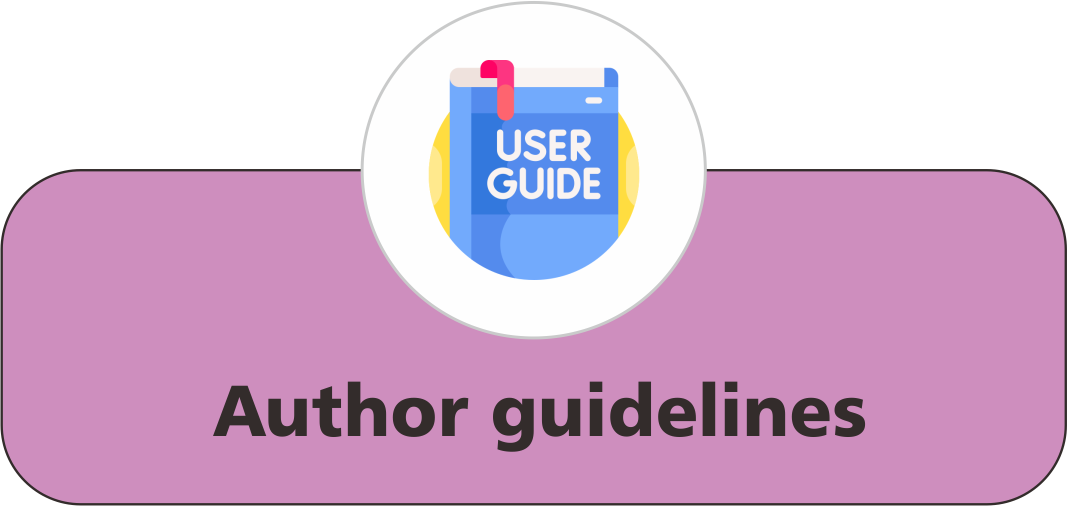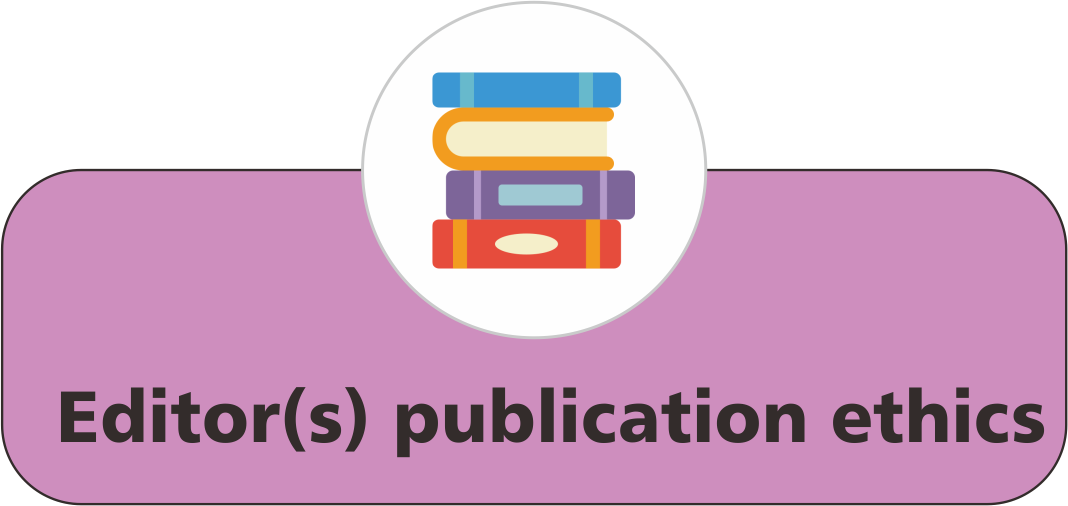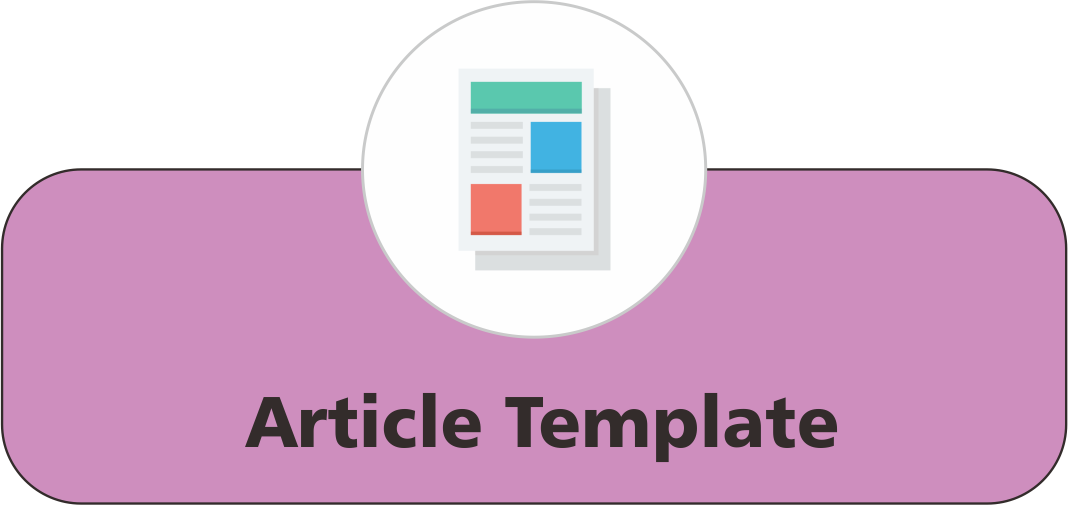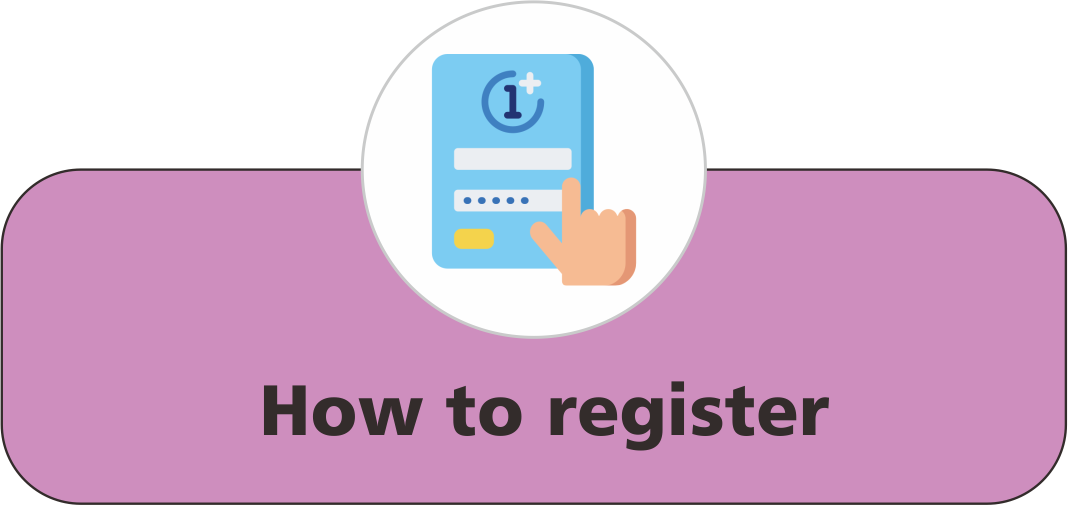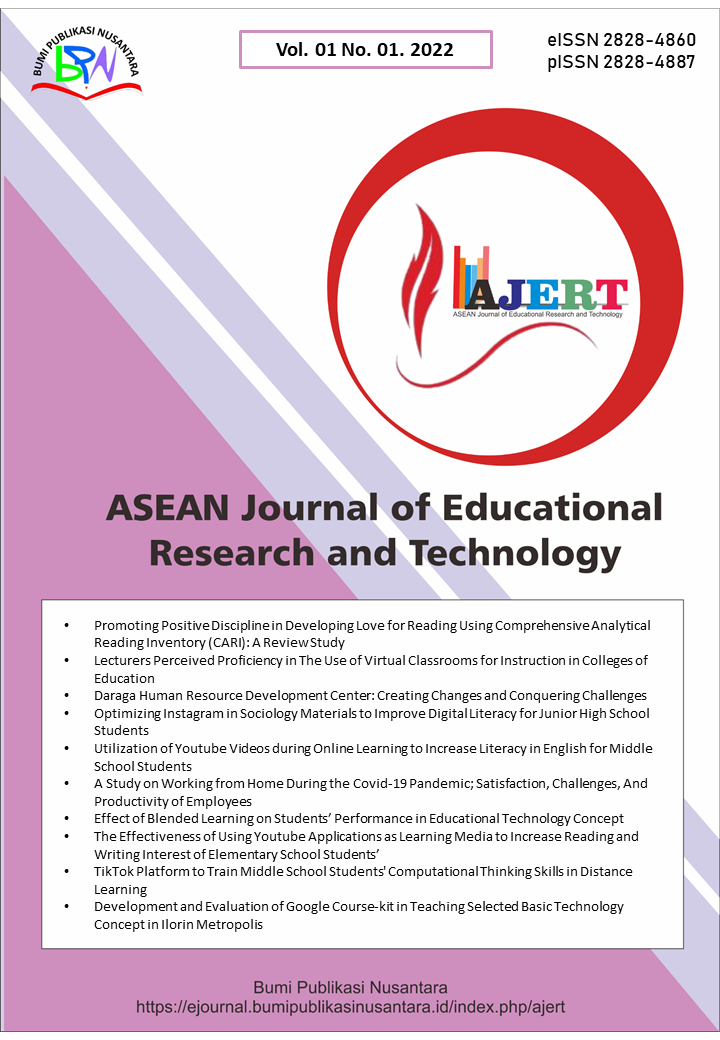Women’s Access to Education in a Patriarchal Society
 ), Nasima puya Habibi(2),
), Nasima puya Habibi(2),
(1) Universitas Islam International Indonesia (UIII)
(2) American University of Central Asia
 Corresponding Author
Corresponding Author
Abstract
Keywords
References
Adkins, M. J. (2016). Challenges for progressive education in Afghanistan: A history of oppression and the rising threat of ISIS. International Journal of Progressive Education, 12(2), 104-111.
Ahmed-Ghosh, H. (2003). A history of women in Afghanistan: Lessons learnt for the future or yesterdays and tomorrow: women in Afghanistan. Journal of International Women's Studies, 4(3), 1-14
Bamik, H. (2018). Afghanistan’s cultural norms and girls’ education: Access and challenges. International Journal for Innovative Research in Multidisciplinary Field, 4(11), 83-93.
Bronfenbrenner, M. (1973). Equality and equity. The ANNALS of the American Academy of Political and Social Science, 409(1), 9-23.
Kayen, H. S. (2022). Improvements and setbacks in women’s access to education: A case study of Afghanistan. Muslim Education Review, 1(1), 19-36.
Khwajamir, M. (2016). History and problems of education in Afghanistan. SHS Web of Conferences, 26, 01124.
Mashwani, H. U. (2017). Female education in Afghanistan: Opportunities and challenges. International Journal for Innovative Research in Multidisciplinary Field, 3(11), 43-49.
Naqawi, G. H., and Rajath, D. V. (2022). Educational opportunities and challenges in Afghanistan. Asian Journal of Research in Social Sciences and Humanities, 12(8), 31-44
Shayan, Z. (2015). Gender inequality in education in Afghanistan: Access and barriers. Open Journal of Philosophy, 5(05), 277.
Wimpelmann, T. (2015). One step forward and many to the side: Combating gender violence in Afghanistan, 2001–2014. Women's studies international Forum, 51, 101-109.
Article Metrics
Abstract View : 1381 times
: 1381 times Download : 965 times
Download : 965 times
Refbacks
- There are currently no refbacks.
Copyright (c) 2024 Bumi Publikasi Nusantara

This work is licensed under a Creative Commons Attribution-ShareAlike 4.0 International License.


